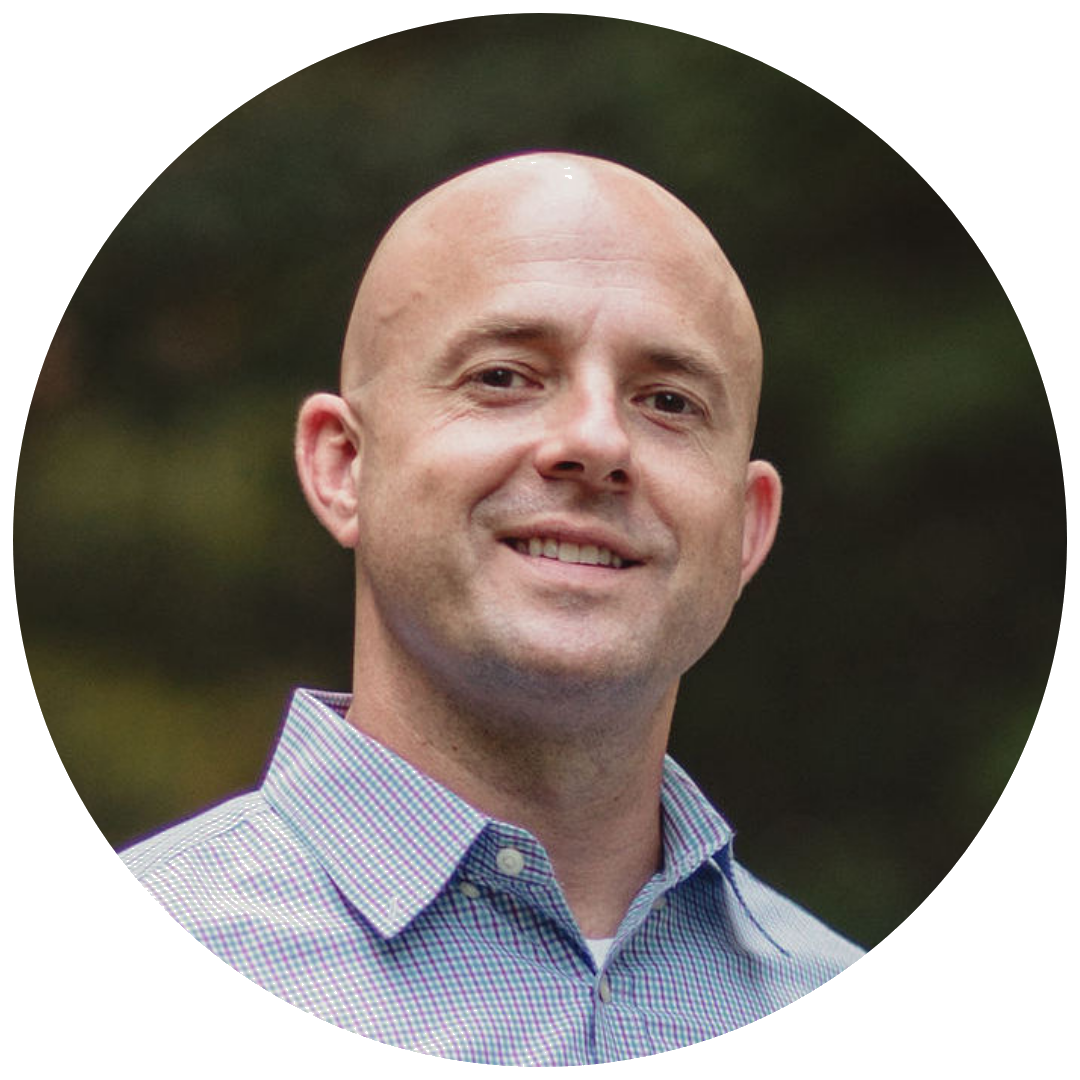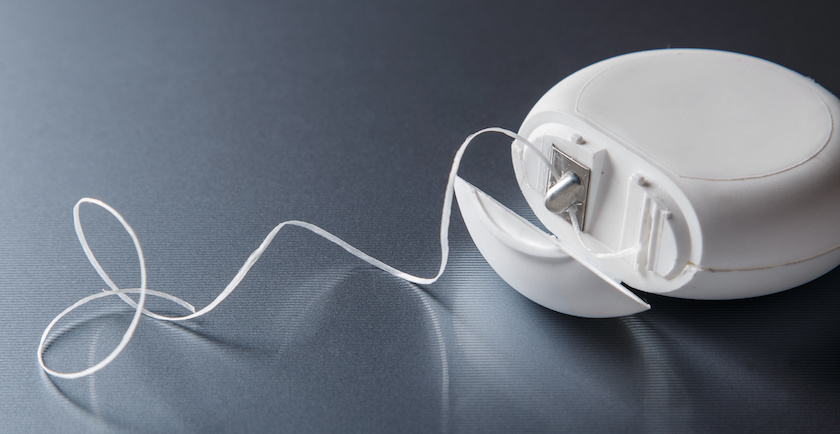The reason this article has just been published now is the Departments of Agriculture and Health and Human Services removed flossing recommendations from their dietary guidelines, and the American Academy of Periodontology said that the studies that had been done to prove the effectiveness of flossing had not provided the necessary evidence.
So is it true? Is flossing a waste of time?
Probably not.
First of all, there is some evidence that flossing reduces gum bleeding, which is a symptom of gingivitis. Further studies need to be done to determine just how effective flossing is and whether or not it’s effective at preventing cavities and/or reducing plaque build-up but there is some preliminary evidence that it provides some oral health benefits.
Second of all, the concept of flossing isn’t fancy science – it should be obvious to most people that using dental floss to clean between teeth is beneficial. We brush our teeth to gently remove plaque from our teeth but brushes can’t effectively clean between the teeth, and that’s where flossing comes in.
Finally, there is no evidence that flossing doesn’t provide health benefits. If done incorrectly, flossing can cause minor damage to the gums, but when performed as intended, (by inserting the floss between two teeth and rubbing it against the sides without sawing back and forth), there is no scientific evidence that flossing causes more harm than good.
Now, if you’re like most Americans and you rarely floss, the New York Times article is unlikely to inspire you to start. However, if you already floss regularly, we recommend that you continue to do so. The studies haven’t been done that can prove the benefit of flossing but the entire dental community thinks that one day, they will.
Protect your teeth now to preserve your oral health for a long, happy lifetime.

About the Author
Dr. Harris has been a practicing dentist since 2005. In 2012, he received his Master’s of Science in Dentistry and a certificate in Endodontics. He founded East Coast Endodontics shortly after receiving his master’s degree. He also currently holds a part-time position as a Clinical Assistant Professor for the Endodontics department at Virginia Commonwealth University. View his full bio.

